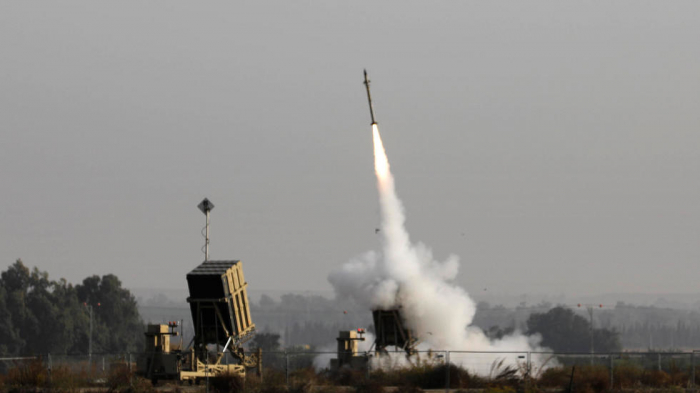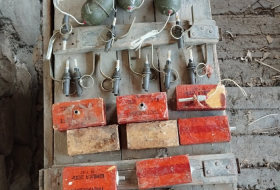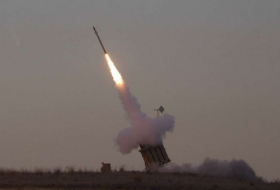The lasers, still under development, would be capable of intercepting "everything" fired at Israel, including long and medium range missiles, rockets, mortar rounds and drones, an official told AFP on Thursday, asking not to be identified.
The new technology, which Israel hopes to test later this year, uses electricity to power the lasers, doing away with the need for stocks of munitions, the official said.
The lasers would be used to "complement" existing air defences such as the short-range Iron Dome system, David's Sling, which targets medium-range threats, and the Arrow, Israel's highest-altitude missile interception system.
It is not clear when the system will become operational.
While Israel prepares to test the technology, countries across the Middle East remain on alert following last week's killing of a top Iranian general in a US drone strike in Baghdad.
The shock assassination of Major General Qasem Soleimani raised alarm in Israel -- a key US ally -- that it could be hit after Tehran warned it would be among the targets for reprisals if Washington took any further military action.
Israel has been a bitter foe of Iran ever since the Islamic revolution of 1979 overthrew the pro-Western shah.
It has been working on developing laser-based air defences for more than three decades, according to retired general Isaac Ben Israel.
A former head of the defence ministry's directorate of defence research and development, Ben Israel said the new system used electric not chemical lasers, making it more efficient.
The official who asked not to be identified said the system could be mounted on armoured vehicles to intercept anti-tank missiles or mortar fire.
The lasers could also be fitted onto a drone to tackle threats above cloud level, the official added.
Ben Israel said the one major shortcoming of the lasers was their dependence on the weather.
Their reliance on optics to hit a target meant they could not be used when sand-storms or thick cloud cover impeded visibility.
But using lasers instead of munitions to intercept incoming fire is vastly cheaper and more efficient, Ben Israel said.
Once a laser is locked onto its target it would "take about a second" to eliminate a threat, he said.
"The regular air defence systems -- Patriot, Hawk or anti-aircraft guns -- are inefficient, the threat is too immediate," he said. "That's where the (laser) system has an advantage."
More about: Israel
















































